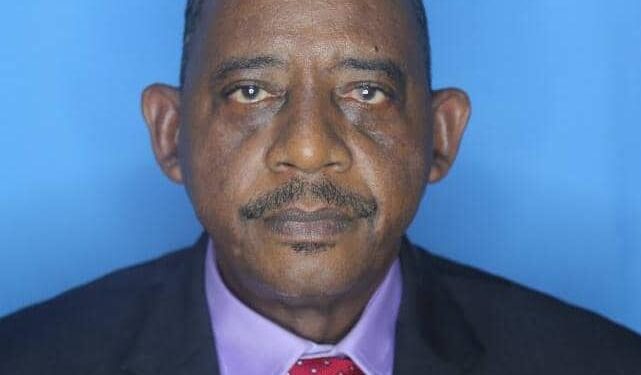Following emerging security threats at the airports, the Nigerian Civil Aviation Authority (NCAA) is proactively responding to to the new threats to make Nigerian airports safer..
One of.the ways the NCAA is responding to the emerging aviation threats is deepening security regulation and revving capacity of Security Agencies of Nigeria Working in the airports.
This, the NCAA last week for four days sponsored a training workshop for security agencies operating at the airports.
The three-day training workshop on “Protocol for Mitigating Threats Against Civil Aviation” was aimed at networking among security agencies, civil aviation operators, and allied services working at the airports. It was organised by Centurion Aviation Security and Safety Consult in partnership with Greenlight Aviation Security International UK and Sponsored by the NCAA.
Speaking at the event, which held in Abuja, the NCAA Director Aviation Security Air Comdr. Hambali Tukur (Rtd),
He noted that the threats to civil aviation are dynamic and constantly evolving thus, security agencies need to respond with the dynamics.
He said said the aviation industry has remained one of the most attractive targets to terrorist groups. He thus called for “networking among security agencies, civil aviation operators and allied services working at the airports becomes an essential component of a protective security regime which will mitigate against both insider and external threats.”
The training topics included: Aviation Security: 21st Security: 21st Century History and Current Trends, Aviation Security Defence Layers; Passengers Screening Checkpoints: Capability vs Deterance vs Health & Safety; Security Threats & Risk Assessments: Converting Theory Into Practice; The Insider Threat: Airport Staff and Aircrew.
The workshop also spoke Responding to Poor Mental Health: an Aviation Security Perspective; Passenger Documentation: Masking Identities; Intelligence Support: A Nigerian Perspective; Planning for the Future: Proactive Security and Cyber Security Threats in Aviation.
The workshop also had intense teachings around Learning from Other Industries: Case Studies; Principles of Behaviour Detection, Expectations of Behaviour & the Biology of Fear and Suspected Signs & Security Questioning Techniques.
Tukur noted that “Until the 911 incident, no one thought that big airliners would be used as a weapon of mass destruction. Drones have found applications in weapon delivery. How to do that is only limited by the imagination of the user. Of course, threats to the aviation industry are not limited to aerial threats only. Not long ago there was runway incursion by armed men at Lagos airport” he stated.
“As security operators, we must think ahead in deploying security measures. We should aim at being a step ahead of our adversaries. We must also keep current with modern security techniques and technology through updated training” he said.
He indicated that the aviation industry has remained one of the most attractive targets to terrorist groups thus, networking among security agencies, civil aviation operators, and allied services working at the airports becomes an essential component of a protective security regime that will mitigate against both insider and external threats.
He said in “view of the challenges and threats in the aviation industry, there is a need to be more proactive in addressing security issues”
Thus, the workshop he said was sponsored by NCAA in order to bring all security outfits within the airport to network along with other civil aviation operators and allied service providers in order to develop a strong and robust security network that will serve the purpose.
The lead trainer Philip Baum of Greenlight Aviation Security International UK submitted that the security protocols of both local and international flights should be the same adding that most oftentimes, the security at local airports is usually more relaxed.
He also advised that security agencies should give priority to other threats just as terrorism threats as they could be potentially more devastating.
He acknowledged that terrorists are constantly innovating and they are always coming up with new forms of attacks.
He noted that the best technology to detect potential threats at airports is the brain.
Also speaking, Grp Capt. John Ojikutu of Centurion Aviation Security Safety Consult advocated that aviation security, including the airport, and airspace control should be considered as assets for national security.
He noted that aviation security is not about the application of forces or multiplication of forces but about intelligence and profiling passengers and airport workers.
“You need the intelligence of everybody – passengers, airlines crew, ground staff, and other airport workers. You also need to regularly conduct background checks on people working in the airport security areas” he further explained.














